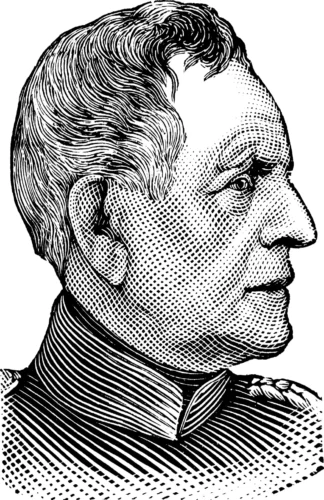Franco-Prussian War

Table of Contents
What was the Franco-Prussian War?
The Franco-Prussian War fought between France and the North German Confederation led by Prussia from 1870 to 1871, had far-reaching consequences for European geopolitics.
The war was sparked by political and territorial disputes, particularly involving the candidacy of a Hohenzollern prince for the Spanish throne, which raised tensions between France and Prussia.
Franco-Prussian War History
The Franco-Prussian War occurred between July 19, 1870, and May 10, 1871, and was a conflict between the French Empire, led by Napoleon III, and the North German Confederation, dominated by Prussia.
The war was triggered by political and territorial disputes, including the candidacy of a Hohenzollern prince for the Spanish throne and the Ems Dispatch, a diplomatic incident that heightened tensions between France and Prussia.
The swift mobilization and military successes of the Prussian Army, commanded by Helmuth von Moltke, played a crucial role in the war’s outcome.
The Battle of Sedan in September 1870 resulted in the capture of Napoleon III and marked a significant turning point in favor of the Prussian forces.
The Siege of Paris, which began in September 1870, lasted for five months and ended with the city’s surrender in January 1871, contributing to the overall defeat of France.
The war profoundly impacted the balance of power in Europe, leading to the unification of the German states under Prussian leadership and the proclamation of the German Empire at the Palace of Versailles in 1871.
The Treaty of Frankfurt, signed on May 10, 1871, officially ended the Franco-Prussian War and imposed harsh terms on France, including significant territorial losses and substantial indemnities.
The annexation of Alsace-Lorraine by the newly formed German Empire became a source of tension and resentment between France and Germany, contributing to future conflicts.
The French government, facing internal unrest and the threat of a civil uprising, agreed to the armistice and later signed the peace treaty, leading to the establishment of the French Third Republic.
The war had significant social and political repercussions in France, leading to the Paris Commune in 1871, a radical socialist and revolutionary government that briefly took control of Paris before being suppressed by French authorities.
Related Links
Absolutism
Berlin Conference
Unification of Germany
Unification of Italy